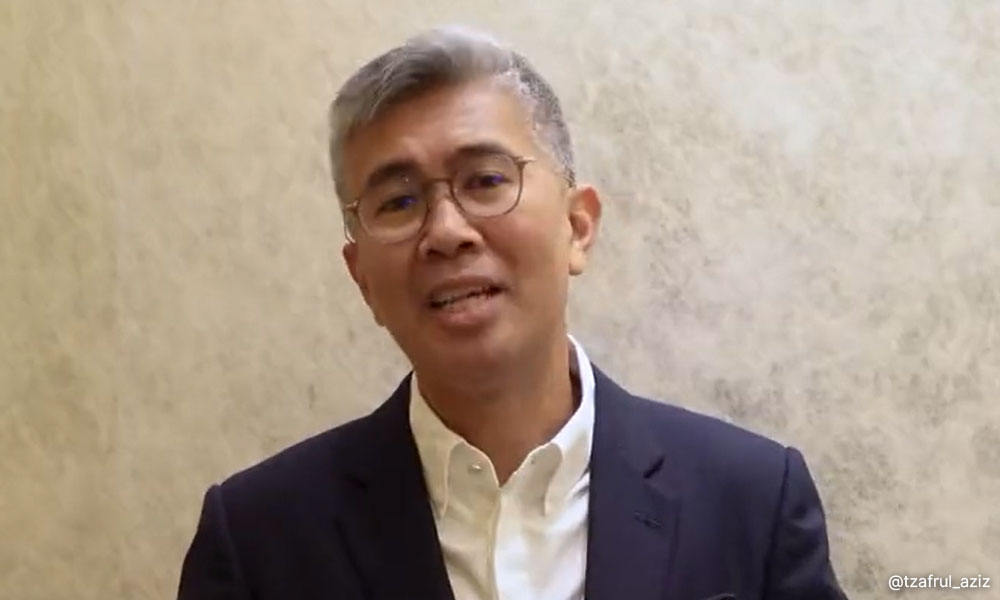The government is targeting a 20 percent growth in foreign direct investment (FDI) and domestic direct investment (DDI) this year, up from the RM163.3 billion and RM101.3 billion recorded in 2022, respectively.
International Trade and Industry Minister Tengku Zafrul Abdul Aziz said that although this is a tall order given the challenges, investments are more long-term in nature and companies that look into Malaysia would look at a longer time horizon.
“To attract investments into Malaysia, what is important is to improve the ease of doing business in the country, the talent pool, infrastructure (physical and digital), and governance.
“What is important is to keep the momentum going and focus on the right sectors and industries.
“The outcome that we want is not just the multiplier impact to our gross domestic product, but also the creation of high-quality jobs,” he said during a panel session at Invest Malaysia 2023 today.
Malaysia approved total investments worth RM264.6 billion in 2022, the second-largest print ever recorded after 2021, with the services sector accounting for the largest share of the pie, followed by the manufacturing and primary sectors.

The services sector saw approved investments totalling RM154 billion or 58.2 percent of the total approved investments for the year.
Approved investments in the manufacturing sector stood at RM84.3 billion (31.9 percent) and primary sector at RM26.3 billion (9.9 percent).
Meanwhile, Zafrul said the key reason Tesla is investing in Malaysia is the nation’s well-established electrical and electronics (E and E) sector, where a few local companies are already part of Tesla’s current supply chain.
“They (Tesla) are not just putting their office here. They are also looking at working closely with local small and medium enterprises (SMEs) in the sector,” he said.
The minister also highlighted the importance of productivity and how the new investments must contribute to productivity, hence contributing to higher wages.
“This is key to raising the rakyat’s income level. It is a long game, and in the ease of doing business, we need to ensure that when local or foreign companies want to start up a business, the ‘ease’ is there because, in the end, it is about productivity,” he said.
At present, the minister said, Malaysia’s productivity rate is still positive, but the growth is not as fast as some other countries.
Productivity growth still a challenge
“There is concern that our productivity rate, although in absolute terms is higher than some of our neighbours’, in terms of productivity growth we are slowing down compared to our neighbours. Hence the gap is narrowing.
“We need to make sure that the ease of doing business is one of the areas that we are focusing on,” he said.
On the other hand, Zafrul said, Malaysia needs to strengthen the initial investments that come in, such as from start-ups or SMEs that are part of foreign investments, and the financial industry must play its role in providing this bridging fund.
“The International Trade and Industry Ministry is (also) producing a framework for the manufacturing sector, particularly SMEs, to embrace environmental, social and governance (ESG) in their operations.
“The framework will be announced by early 2024,” he added.
- Bernama




No comments:
Post a Comment
Note: Only a member of this blog may post a comment.